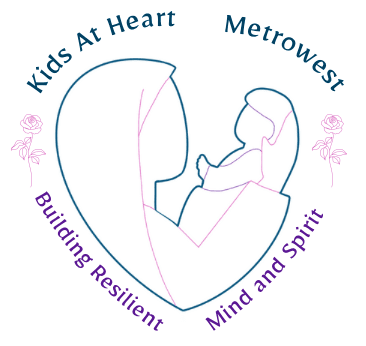The COVID-19 pandemic impacted social skills in people of all ages, from infancy to adulthood. Children were especially vulnerable to social skill challenges, as childhood is a critical period for learning communication, cooperation, and emotional regulation. Much of the research on social skills and bullying before, during, and after the pandemic comes from international studies. However, the experiences and effects of isolation and uncertainty during this time were felt globally, making the research highly relevant to American children. The sudden decrease in interaction with friends, family, and the community forced children to adapt to new methods of social interaction while in isolation. This rapid change caused them to be more likely to experience depression, anxiety, loneliness, emotional and behavioral problems, and decreased quality of life. As restrictions lifted and we started going back to our pre-pandemic lives, social anxiety became prominent for many. Extended periods without practicing social skills can make it more difficult to re-engage in social interactions later. Both children and adults became more reliant on technology to connect, and many have maintained this even after restrictions were lifted. Children, whose parents frequently engage with technology at home, may have fewer opportunities for direct social interaction and modeling, which can impact social skill development (Merkaš et al., 2021). Research shows that parental engagement is crucial in shaping children’s social behaviors. For children, excessive screen time may limit opportunities for in-person social interactions, which are crucial for friendship development (Larivière‐Bastien et al., 2022).
How can I help my child improve their social skills?
- Modeling: Children are constantly learning by observing others and modeling their behavior. “Children learn behaviors by observing and interacting with role models, often parents, and consequently adopt behaviors that they perceive to be normalized or associated with positive reinforcement” (Merkaš et al., 2021).
- Social Stories: Reading social stories together can help children understand unacceptable behaviors in social settings. Social stories describe social situations, what to expect, and how to behave. You can find examples of these online or at your local library!
- Social Skills Groups: Social skills groups help children learn social skills in small groups led by a professional with experience helping children navigate social situations. If you cannot find a social skills group in the community that works for you, talk to your child’s school to see if they offer anything. Many elementary schools offer this or a similar group to help students.
- Play Therapy: Play is the language of children! Encouraging children to engage in play is one of the most helpful interventions you can utilize. “Playing can stimulate aspects of social development in children. Not only social but cognitive, language, social emotional, and physical motor can also be well stimulated” (Arinalhaq & Mayar, 2022). Play therapists can help your child explore their feelings and develop coping strategies for social anxiety or other mental health challenges.
Colleen Cesario/ Rita Vatcher LMHC, MCCS, CAGS, RPT-S™
Arinalhaq, R., & Mayar, F. (2022). Improving Children’s Social Skills Through Playing at Home during The Covid-19 Pandemic. Advances in Social Science, Education and Humanities Research. https://doi.org/10.2991/assehr.k.220602.052
Forsberg, J. T., & Thorvaldsen, S. (2022). The severe impact of the COVID-19 pandemic on bullying victimization, mental health indicators and quality of life. Scientific Reports, 12(1). https://doi.org/10.1038/s41598-022-27274-9
Larivière‐Bastien, D., Aubuchon, O., Blondin, A., Dupont, D., Libenstein, J., Séguin, F., Tremblay, A., Zarglayoun, H., Herba, C. M., & Beauchamp, M. H. (2022). Children’s perspectives on friendships and socialization during the Covid‐19 pandemic: A qualitative approach. Child: Care, Health and Development, 48(6), 1017–1030. https://doi.org/10.1111/cch.12998
Merkaš, M., Perić, K., & Žulec, A. (2021). Parent Distraction with Technology and Child Social Competence during the COVID-19 Pandemic: The Role of Parental Emotional Stability. Journal of Family Communication, 21(3), 186–204. https://doi.org/10.1080/15267431.2021.1931228


